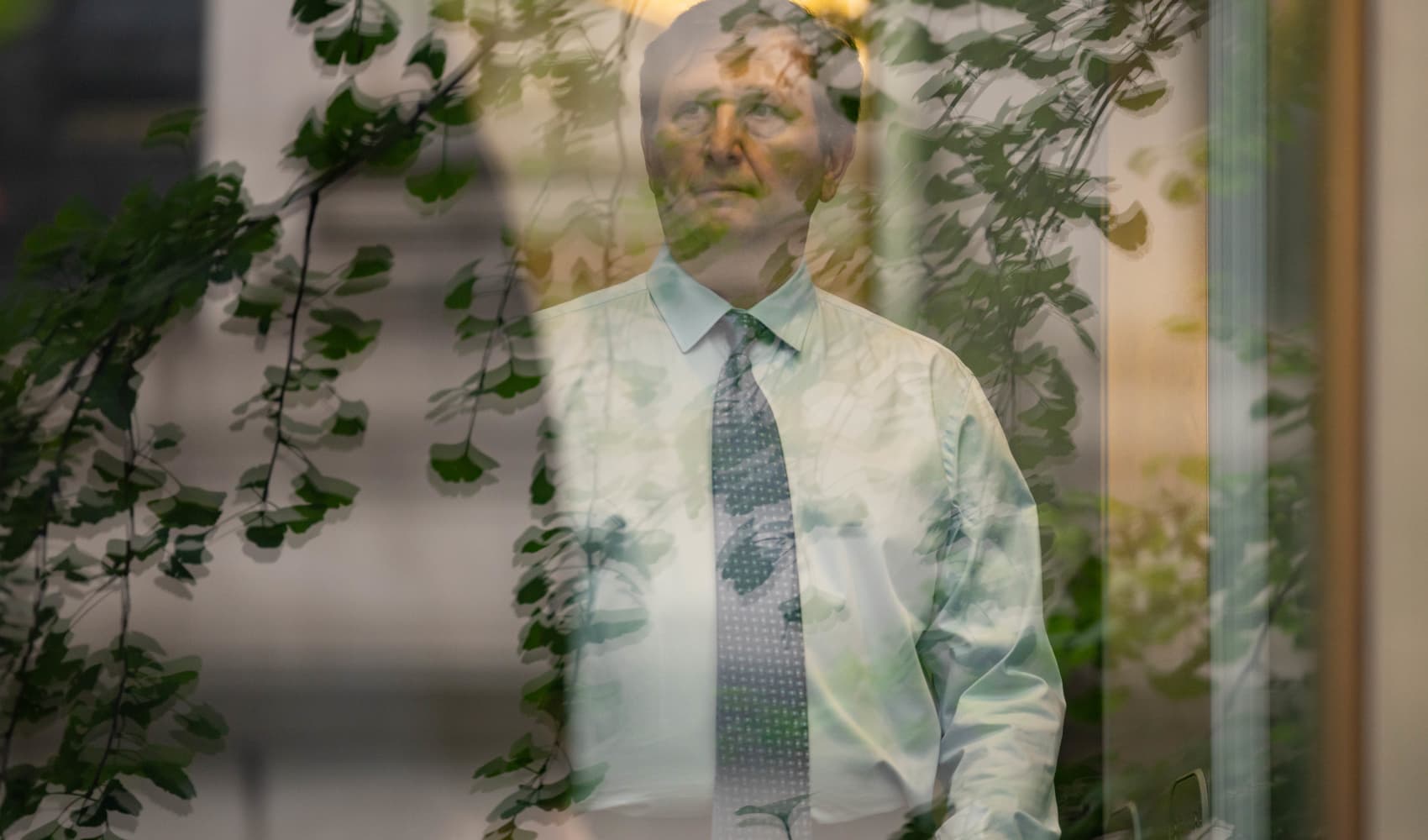FTX Lawsuit: Steph Curry & Brady Off the Hook - Here's Why
Steph Curry & Tom Brady Escape FTX Lawsuit: What Happened?
Introduction: Celebrity Endorsements and the FTX Fallout
Remember when seemingly every celebrity was flashing their pearly whites next to the FTX logo? From Steph Curry sinking three-pointers to Tom Brady throwing touchdowns, these endorsements were everywhere. But fast forward to 2022, and the crypto world was rocked by the collapse of FTX, leaving investors with empty pockets. Now, the question is: were these celebrities responsible for leading investors astray? A recent court ruling in Florida has significantly narrowed the scope of who's on the hook. Let's dive into the details and see who's off the hook, who might still be facing legal heat, and what this all means for the future of celebrity endorsements.
Judge Dismisses Claims Against High-Profile Celebrities
In a move that has sent ripples through the legal and crypto communities, a Florida federal judge has dismissed a large portion of the claims against A-list celebrities who endorsed FTX. This includes names like Stephen Curry, Tom Brady, Gisele Bündchen, and Kevin O'Leary. But what exactly does this mean for the overall lawsuit?
The Ruling Explained: Lack of Evidence
The core reason for the dismissal, according to U.S. District Judge K. Michael Moore, is that the plaintiffs (the FTX investors) failed to provide sufficient evidence that these celebrities were aware of FTX and Sam Bankman-Fried's (SBF) alleged misconduct when they promoted the platform. Essentially, the judge ruled that there wasn't enough proof to show these stars knew they were endorsing a fraudulent operation.
What Was the Original Lawsuit Alleging?
The initial multidistrict litigation cast a wide net, accusing celebrities and social media influencers of using their fame and influence to market a platform they allegedly knew was built on shaky foundations. The lawsuit argued that these endorsements directly contributed to the surge of new investors, many of whom lost significant sums of money when FTX imploded.
The “Pump and Dump” Accusation
A central argument of the lawsuit was that these celebrities were participating in a "pump and dump" scheme. This is a classic type of securities fraud where promoters artificially inflate the price of a stock or asset through false or misleading statements, then sell their own holdings at a profit, leaving unsuspecting investors with losses. Was FTX a sophisticated version of this? That's what the plaintiffs were trying to prove.
The Impact of the FTX Collapse: A Crypto Earthquake
The collapse of FTX in November 2022 sent shockwaves throughout the cryptocurrency market. Billions of dollars in customer funds vanished, trust in the crypto industry plummeted, and a wave of regulatory scrutiny followed. The scale of the FTX disaster is difficult to overstate.
Global Investigations and Criminal Charges
The FTX implosion triggered investigations by numerous regulatory bodies worldwide, including the U.S. Securities and Exchange Commission (SEC) and the Department of Justice (DOJ). Sam Bankman-Fried, the former CEO of FTX, now faces a range of criminal charges, including wire fraud and money laundering.
Who is Still on the Hook? The Scope Narrows
While this ruling offers some relief to high-profile endorsers, it doesn't mean everyone is off the hook. The litigation is still ongoing, and other parties involved in promoting FTX may still face legal challenges. The focus now shifts to individuals and entities who may have had more direct involvement in the alleged fraudulent activities.
Social Media Influencers and Affiliates
While some major celebrity cases were dismissed, social media influencers and affiliate marketers who aggressively promoted FTX may still find themselves in the crosshairs. The legal standard for proving liability could be different for these individuals, particularly if there's evidence they received substantial compensation tied directly to the number of new users they brought to the platform.
The Judge's Reasoning: Did They Know?
The core question the judge wrestled with was whether these celebrities acted negligently or knowingly participated in a fraudulent scheme. The bar for proving that someone knowingly promoted a fraud is quite high. It requires showing that the person had actual knowledge of the wrongdoing or consciously disregarded clear warning signs.
The "Reasonable Person" Standard
Courts often use a "reasonable person" standard to assess liability. This asks: would a reasonable person in the celebrity's position have known or suspected that FTX was engaged in fraudulent activities? Given the complexities of cryptocurrency and the lack of clear regulatory guidelines at the time, it can be difficult to prove that a celebrity should have known about the alleged fraud.
What Does This Mean for Celebrity Endorsements?
The FTX case has already had a chilling effect on celebrity endorsements, particularly in the cryptocurrency space. Celebrities are now far more cautious about associating themselves with crypto projects, knowing that they could face legal repercussions if things go wrong. Due diligence has become the name of the game.
Increased Due Diligence and Risk Assessment
Expect to see celebrities and their agents conducting far more thorough due diligence before agreeing to endorse any product or service, especially in high-risk industries like cryptocurrency. This includes scrutinizing the company's financial statements, legal compliance, and business practices.
The Future of Crypto Regulation
The FTX collapse has also underscored the need for clearer and more comprehensive regulation of the cryptocurrency industry. Without clear rules of the road, investors are vulnerable to fraud and manipulation. Increased regulatory oversight is inevitable.
Protecting Investors and Fostering Innovation
The challenge for regulators is to strike a balance between protecting investors from fraud and fostering innovation in the crypto space. Overly strict regulations could stifle the industry's growth, while a lack of regulation could lead to more disasters like the FTX collapse.
Beyond the Headlines: Ethical Considerations
Beyond the legal implications, the FTX case raises important ethical questions about the responsibility of celebrities and influencers. Should they be held to a higher standard of care when promoting products or services to their fans? Is fame a shield or a responsibility?
The Power of Influence and the Duty to Inform
Celebrities wield significant influence over their followers. With that influence comes a responsibility to be transparent about their endorsements and to ensure that they are not misleading or deceiving their fans. At the very least, a disclosure that the endorsement is a paid promotion is a good start.
Conclusion: Lessons Learned from the FTX Debacle
The FTX saga serves as a cautionary tale for investors, celebrities, and regulators alike. The recent court ruling, while offering a reprieve for some high-profile endorsers, highlights the complexities of assigning blame in cases of alleged fraud. Due diligence, regulatory oversight, and ethical responsibility are crucial for navigating the ever-evolving landscape of cryptocurrency. Ultimately, the FTX collapse exposed not just a company's failings, but a broader need for greater accountability and transparency in the digital asset space.
Frequently Asked Questions (FAQs)
Q: What exactly did the celebrities do that got them sued?
A: The celebrities were sued for endorsing FTX, a cryptocurrency exchange, through advertisements and promotional campaigns. Plaintiffs claimed these endorsements led them to invest in FTX, which later collapsed.
Q: Why were the claims against celebrities dismissed?
A: The judge ruled that the plaintiffs failed to provide sufficient evidence that the celebrities knew about FTX's alleged misconduct when they were promoting the platform. The burden of proof was not met to demonstrate that the celebrities knowingly participated in a fraudulent scheme.
Q: Does this mean the celebrities are completely off the hook?
A: In this particular multidistrict litigation, yes, the claims against these specific high-profile celebrities were dismissed. However, future lawsuits or regulatory actions could still potentially be filed if new evidence emerges.
Q: What should I consider before investing in something endorsed by a celebrity?
A: Always do your own research! Don't rely solely on a celebrity endorsement. Understand the risks involved, the company's financials, and the potential downsides before investing any money. Consider independent sources of information and consult with a financial advisor if needed.
Q: Will this ruling change how celebrities endorse products in the future?
A: Absolutely. It's likely that celebrities and their teams will conduct much more thorough due diligence before agreeing to endorse anything, especially in volatile industries like cryptocurrency. Expect to see stricter contracts, better disclosures, and a greater awareness of potential legal risks.

